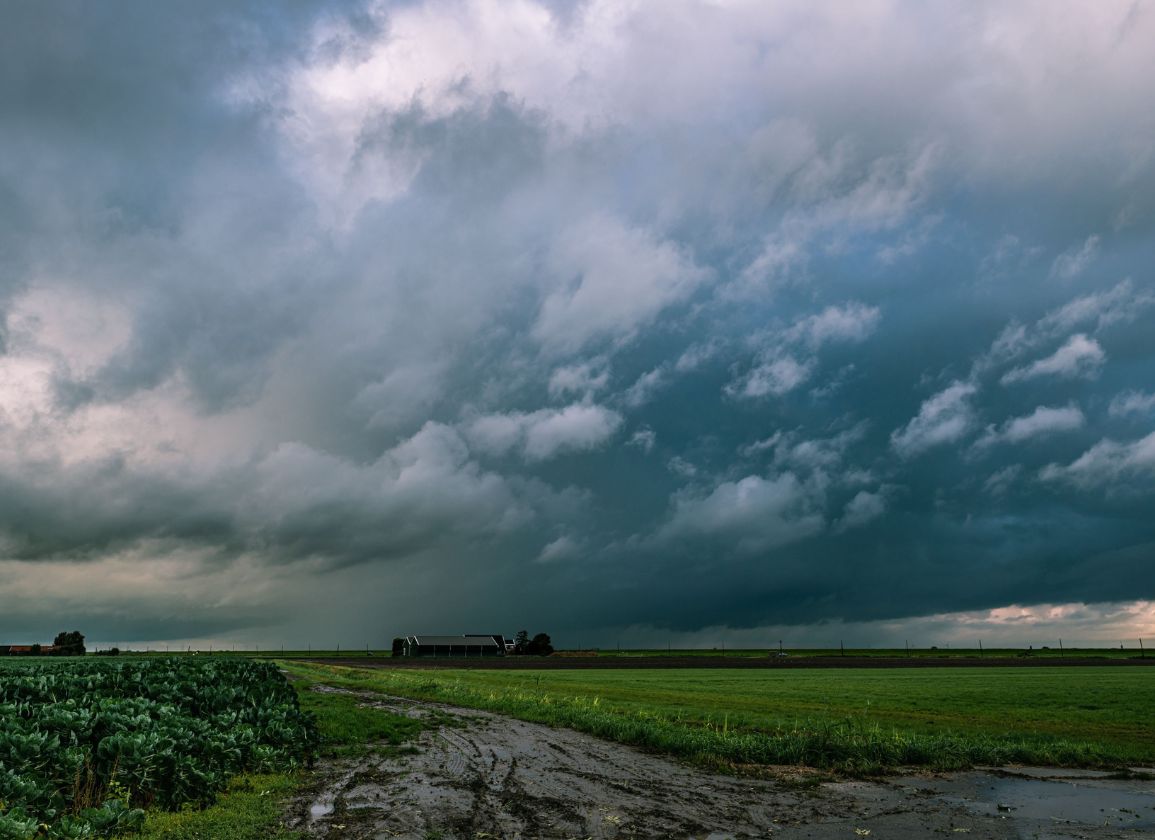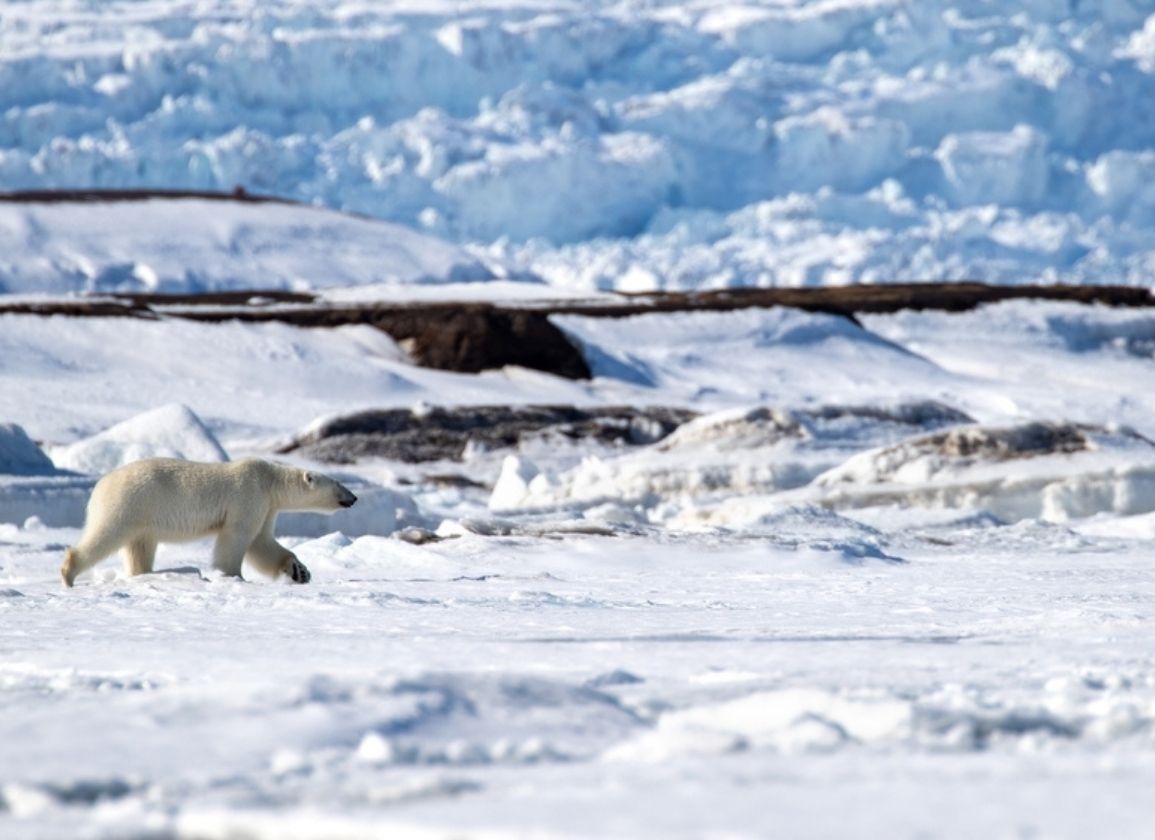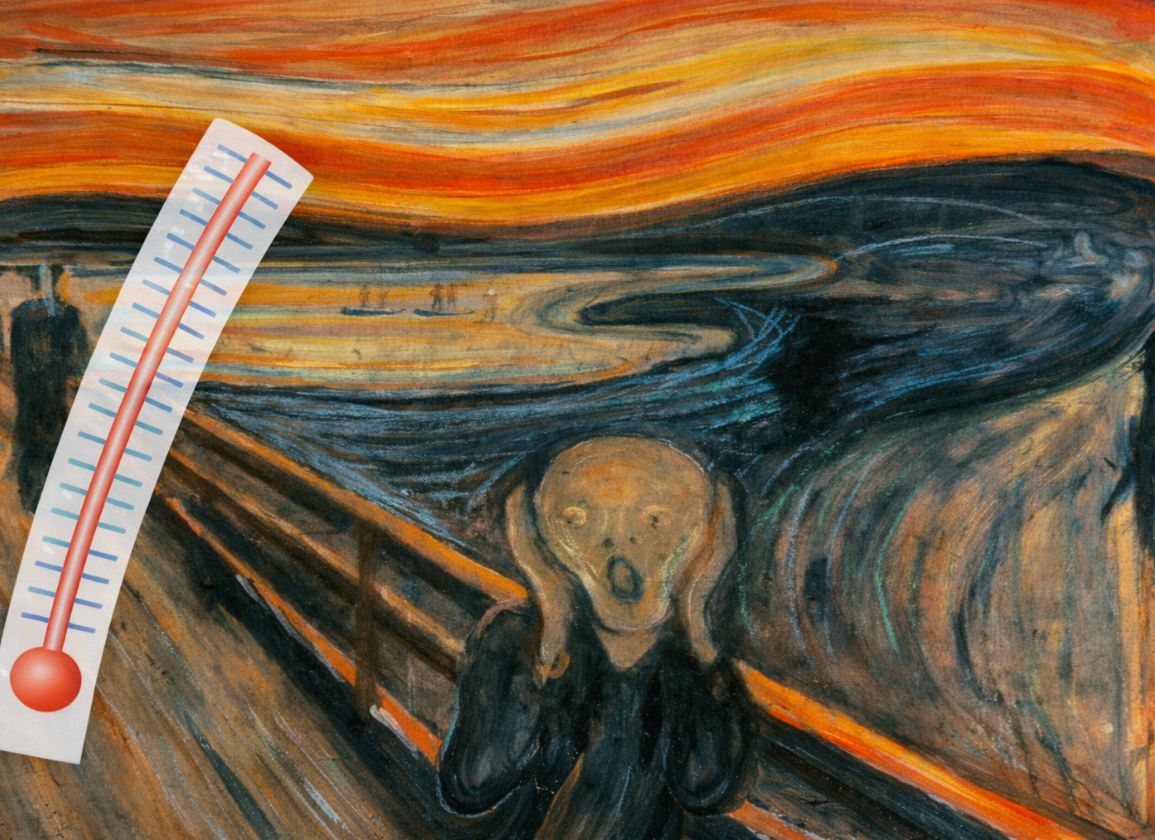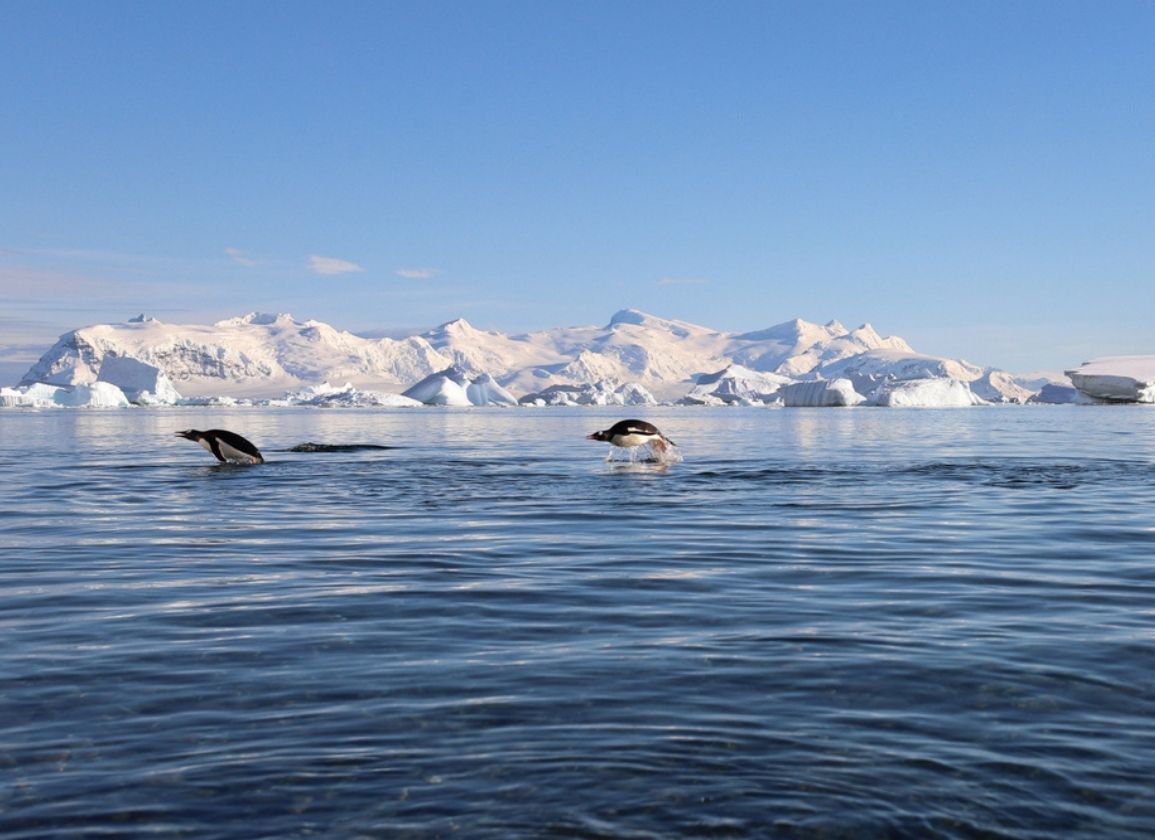Das Endangerment Finding war fingiert
In dieser Analyse untersucht Dr. Matthew Wielicki die Gefährdungsfeststellung der EPA aus dem Jahr 2009 und stellt fest, dass die Entscheidung im Voraus getroffen und später durch eine strukturierte wissenschaftliche Überprüfung gerechtfertigt wurde, was weitreichende Folgen für die Klimaregulierung hatte.






